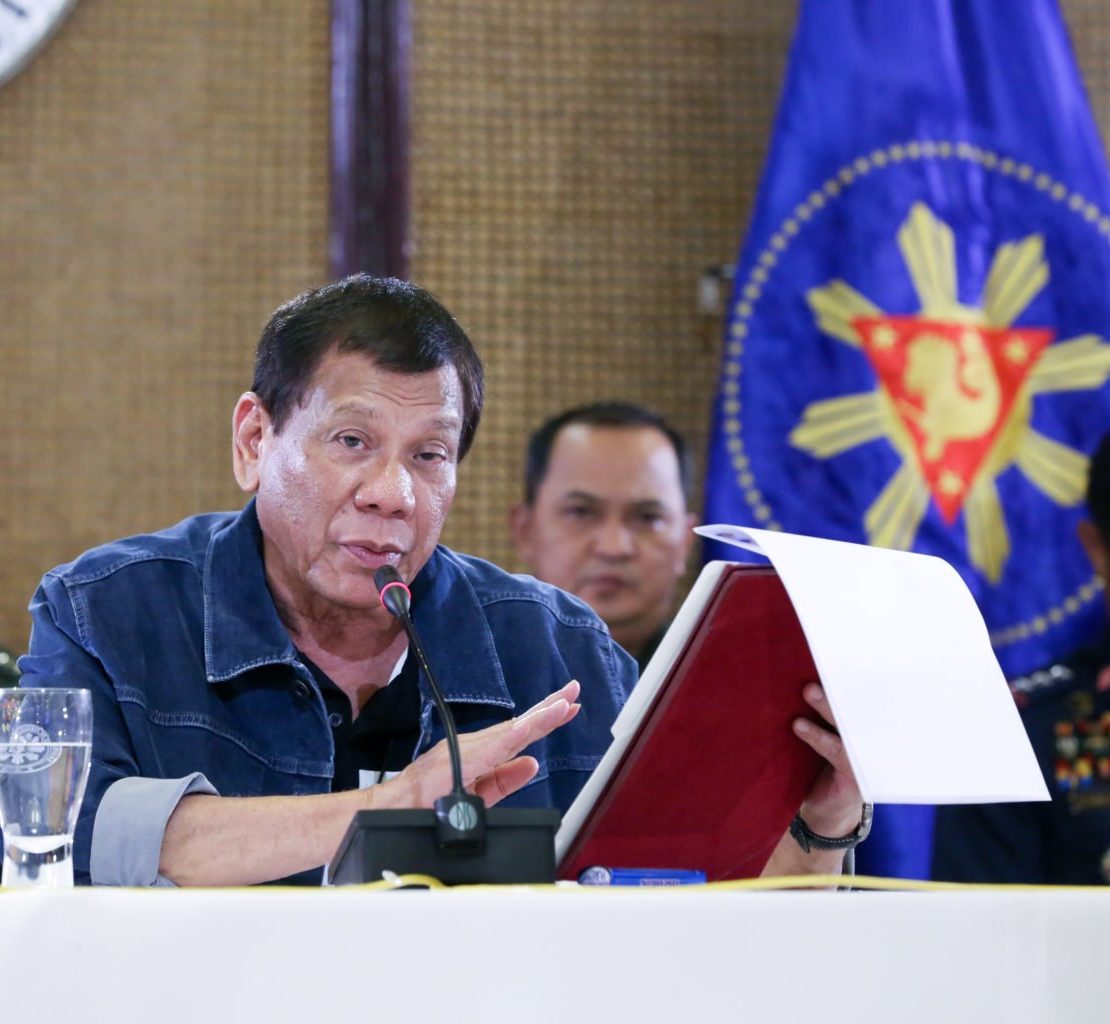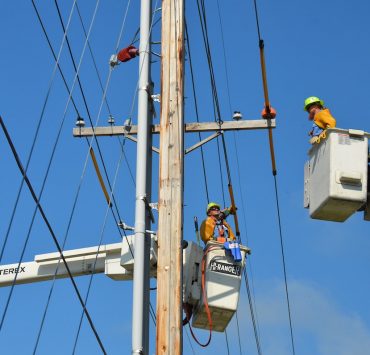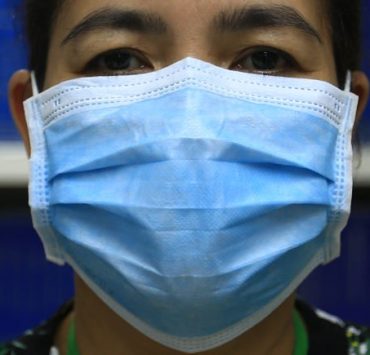President Rodrigo Duterte once again addressed the nation earlier tonight, Mar. 16, to explain the announcement regarding putting Metro Manila on “enhanced community quarantine.” It’s basically an updated version of the press conference he gave last Thursday, Mar. 12, with some reiterations and some new information.
The gist of the latest press con, though, is that the “enhanced community quarantine” will entail stricter regulations on the movement (or lack of it) of people around the metro, with systems in place to ensure faster response to the health crisis. The social distancing measures, this time, will be effective 12 a.m. of Mar. 17 to 12 a.m. of Apr. 13.
Here’s a quick run-down of the points that remain the same:
- Classes and school activities will be suspended until Apr. 14.
- Mass gatherings are prohibited.
- There will be a heightened presence of uniformed personnel.
- Work from home arrangements for the executive branch except services that need skeletal forces will be enacted.
- There will be restrictions on land, air and sea travel.
Here are the new features of the enhanced quarantine:
Strict home quarantine with restricted movement
Everyone is encouraged to stay home with movement limited to accessing basic necessities like food, medicine and health services. On that note, food and health services themselves will be heavily regulated.
Only private establishments offering basic necessities will be allowed to open
Under the enhanced community quarantine, only private establishments that either provide basic necessities or services related to food and medicine production will continue to operate. This includes public markets, supermarkets, banks, hospitals, clinics, pharmacies and drugstores, along with restaurants and carinderias only for food delivery.
BPOs and export-oriented industries will still be operational
If you’re employed in these industries, don’t worry: they’ll still remain operational, so long as social distancing measures are put in place and they’ll adopt a skeletal workforce system.
Mass public transport suspension
Light Rail Transit (LRT), Metro Rail Transit (MRT) and Philippine National Railways (PNR) will no longer continue its operations during the lockdown.
Travel restrictions
Travelling to and from the areas covered by the enhanced community quarantine will be allowed, so long as you are going or coming back from the establishments previously mentioned.
DSWD, DOLE, DOF, DBM and DTI will enact programs to offset the financial effects of lockdown on workers
Since the “community quarantine” was first announced, there have been concerns on how it’ll affect the livelihood of workers. The enhanced quarantine will call on the Department of Social Welfare and Development, Department of Labor and Employment, Department of Finance, Department of Budget and Management and Department of Trade and Industry to make programs, projects and measures for affected workers and residents of areas covered by the enhanced community quarantine. Some of the suggested measures indicated in the memorandum by the Executive Secretary, which was also mentioned by Duterte in his speech include establishing a moratorium on lease rentals, advancing a pro-rated 13th month pay, reprieve in utility bills, assistance to MSMEs (which make up 99% of businesses in the country).
With regards to the problems of citizens dealing with expenses aside from that for their health, Duterte also called on utilities providers to extend or give provisions for longer due dates.
Featured photo is a presidential photo
Get more stories like this by subscribing to our weekly newsletter here.
Read more:
You can check utilities off of the things you need to worry about during the lockdown
Is a Metro Manila lockdown the answer to minimizing COVID-19 transmissions?
You can check utilities off of the things you need to worry about during the lockdown
Writer: ZOFIYA ACOSTA AND PAULINE MIRANDA




